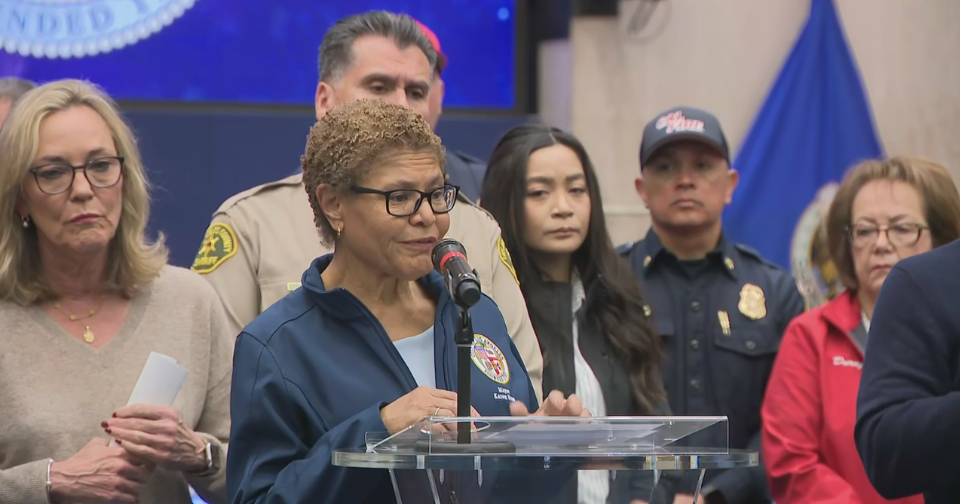17/1/2024–|Last updated: 1/17/202404:19 PM (Mecca time)
It is as if the world has declared 2024 an election year. The United States of America, India, Taiwan, Indonesia, Turkey, Bangladesh, Mexico, Pakistan, and Russia are just some of the countries where elections will be held this year.
There is a debate about what should happen in these elections: Will voters’ choices be affected in an environment of digital chaos?
Digital chaos affects our lives and our elections
We first saw an example of digital manipulation impacting elections in the 2016 US election; The event was registered as: “Cambridge Analytica Facebook Data Scandal,” and it was revealed that the company illegally obtained the information of 50 million Facebook users and somehow influenced voters.
The problem here was that Facebook sold users’ information to the company without their consent, and the scandal became the subject of a lawsuit that led to Facebook’s apology.
And now; There are billions of social media users and voters in countries holding elections, literally following all the news and information through these platforms.
Could a similar situation occur?
Traditional face-to-face political communication is decreasing day by day, relationships with voters are now being created through social media and the internet, and this makes it easier to manipulate, direct and influence; Social media companies can analyze which news they influence, what emotional reactions they give, and what is effective in changing users’ decisions.
Digital platforms that are currently known to influence you to sell products, does not mean that they will not influence you politically. And now there’s a risk that makes us even more concerned about this issue: artificial intelligence.
Can artificial intelligence be used to influence elections?
The use of artificial intelligence, which has been likened to a nuclear bomb, to influence people in elections, is discussed with concern; Because using artificial intelligence, it is now easier to detect voters’ voting behavior and create an impact that will change their electoral trends.
For this reason, there are unlimited fields of work in the digital world, from producing deepfake videos imitating leaders to producing fake news. The founders and managers of OpenAI, the company that created ChatGB, one of the most powerful artificial intelligence programs in the world, do not know exactly what limits the development of this system can reach in the future.
But there are developments that justify their fears. Artificial intelligence, which learns to speak like a person by watching their videos, conversations, and movements, can make that person speak in any text you want.
In fact; Video clips imitating the two former US presidents: Obama, Trump, and Ukrainian President Zelensky were circulated, and efforts were made for several days to prove that they were lies. What will happen when artificial intelligence-generated fake news is circulated that is indistinguishable from the truth?
Legal gap
The digital anatomy of 4.5 billion social media users has been mapped: from what color they like, to which political viewpoint they adhere to. All this information is in the hands of social media platforms. And now; Campaign companies will purchase this data and conduct voter sentiment analysis in countries holding elections.
Through these analyses; They will be able to easily identify voter profiles, determine which political communication methods they will use to influence them, and this is where legal and ethical debates begin. Do social media users allow their personal data and contact information to be used in political campaigns?
In a sense; Does Google, Facebook, or AI can figure this out and turn it into a political project without anyone’s permission, and this also emerges as an ethical problem.
Manipulative madness
Manipulation, fake news and fictional images in the digital world have increased so much that special units are now being created to combat them; for example; The Turkish Presidency’s Communications Directorate established a special unit called the “Anti-Manipulation Center.”
This unit deconstructs false, fake and baseless news and images generated using artificial intelligence every day and warns citizens not to engage with them. The issue they are most concerned about these days is fake news produced by Israeli sources regarding the Israeli-Palestinian war.
It seems to me that this center will have more work to do in Turkey, which will hold municipal elections in March. During the election campaigns; Political parties make greater efforts to correct fake news directed against them, rather than clarify their position; Because the speed of spread of fake news is many times faster than real news.
On social media, people strangely believe all the news they come across and share, and here is the danger. Artificial intelligence can; Who knows all the personality characteristics of voters, provides them with fictional news/information easily, people also like this and believe easily.
This is a very complex problem and a danger that could affect the world, and we will witness this discussion in the elections scheduled to be held in many countries of the world in 2024.


/cdn.vox-cdn.com/uploads/chorus_asset/file/25832299/OTK_106_45455_R2.jpg)


